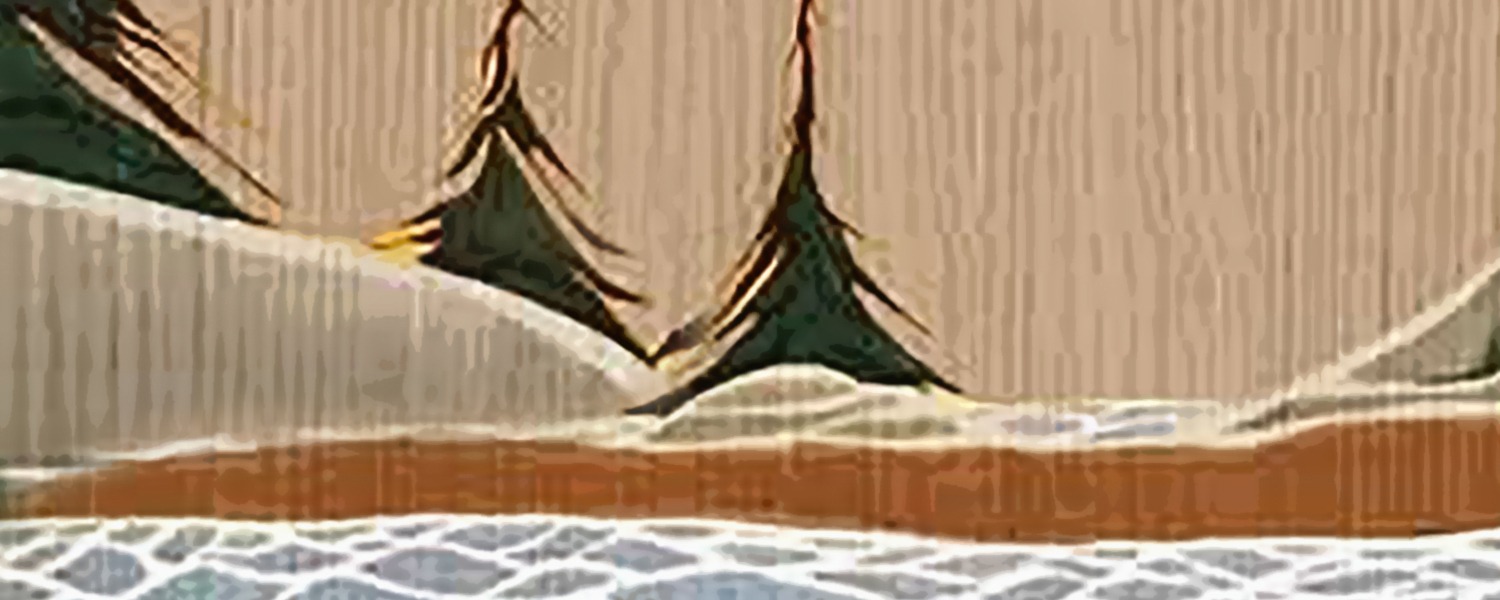This morning, the Ontario Court of Appeal granted Dr. Lynn Gehl’s appeal in her challenge to sex discrimination under the Indian Act. Read the full decision here.
The history
Gehl v Canada (Attorney General) is the latest in a long string of challenges to sex discrimination in the provisions of the Indian Act that govern entitlement to be registered under the Act – often called “Indian status”.
Prior to 1985, the status provisions explicitly discriminated on the basis of sex. For example, for many years, the Indian Act dictated that Indigenous women would lose their status if they married men without Indian status, while Indigenous men could pass their Indian status onto their non-Indigenous wives and children.
In 1985, when the equality rights provision of the Charter came force, the government amended the status provisions of the Indian Act.
However, while the amendments addressed the explicit sex discrimination in prior versions of the Indian Act, the status provisions in the 1985 Indian Act continue to disadvantage Indigenous women in a number of ways. Indigenous women and their children have successfully challenged some of this ongoing discrimination in recent cases like McIvor and Descheneaux.
The issue
Gehl v Canada (Attorney General) is the latest case to confront the implicit discrimination under the Act. At issue is the way the status provisions of the Indian Act, and the Proof of Paternity Policy that INAC uses to implement them, deal with cases of unknown and unstated paternity.
The appellant, Dr. Lynn Gehl is an Algonquin-Anishinaabe woman whose application to register under the Indian Act was denied because her Indigenous grandmother did not identify the father of her children. Pursuant to INAC’s Proof of Paternity Policy, INAC treated him as if he was not Indigenous, and refused Dr. Gehl’s application for status.
The Women’s Legal Education and Action Fund (LEAF), represented by OKT lawyers Renée Pelletier and Krista Nerland, intervened in support of Dr. Gehl to argue that the registration provisions of the Indian Act, as they are implemented by the Proof of Paternity Policy, discriminate on the basis of sex and marital status, contrary to s. 15(1) of the Charter.
The decision
The Court of Appeal unanimously allowed the appeal, and held that Dr. Gehl was entitled to be registered under the Indian Act.
Two judges, Justice Lauwers and Justice Miller, concluded it was unreasonable on the evidence for INAC to conclude that Dr. Gehl’s grandfather did not have Indian status. They did not make any decision about the Charter issue.
Justice Sharpe, on the other hand, held that the status provisions, as implemented by the Proof of Paternity Policy, had the effect of denying Dr. Gehl substantive equality, contrary to s. 15(1) of Charter. He wrote:
I agree with the Attorney General that the determination of entitlement to registration on the basis of the entitlement of both parents is, on its face, a gender neutral rule. However, I also agree with Dr. Gehl’s submission that the Registrar was required to guard against an exercise of discretion that results in substantive inequality.
Proof of identity of a parent is, as a matter of biology and common experience, more difficult for a mother to establish than a father. There can hardly be any doubt about maternity, but there may be considerable doubt about paternity. Moreover, a woman may have good reason for her reluctance or inability to disclose the identity of her child’s father. The child may be the product of a relationship the mother is reluctant or unable to disclose. The pregnancy may be the result of a relationship with a man the mother is fearful of identifying, for example, a relative, or the spouse or partner of a friend or family member. The pregnancy may be the product of abuse, rape or incest. The mother may have had multiple sexual partners.
[…] [T] he Policy falls well short of what is required to address the circumstances I have just described making proof of paternity problematic for many women. This failure perpetuates the long history of disadvantage suffered by Indigenous women.[1]
Implications
The decision focused on the Registrar’s decision to exclude Dr. Gehl. It did not strike down the status provisions or declare the Proof of Paternity Policy to be unconstitutional. However, Justice Sharpe’s concurring reasons sent a strong signal that the application of the Proof of Paternity Policy in cases of unknown or unstated paternity results in discrimination on the basis of sex, contrary to s. 15(1) of the Charter. His reasons offer a strong precedent for other individuals who seek to register in spite of unknown and unstated paternity.
The decision also has the potential to influence the Government of Canada’s ongoing process to amend the status provisions of the Indian Act.
Last fall, the Government of Canada introduced Bill S-3, designed to amend the status provisions of the Indian Act to respond to the Quebec Superior Court’s decision in Descheneaux. The Bill was criticized by Indigenous women’s groups because it did not go far enough. While it responded to the sex discrimination faced by people in the precise position of the Plaintiffs in Descheneaux, it did not respond to all the known sex discrimination embedded in the status provisions. As a result of the pressure brought by the Native Women’s Association, the Assembly of First Nations, Indigenous women like Dr. Pamela Palmater and Sharon McIvor, and others, the Government sought an extension from the Quebec Court and is now pursuing a more comprehensive legislative response.
Justice Sharpe’s reasons will make it more difficult for the Government of Canada to ignore the sex discrimination that arises from the way the status regime treats unknown and unstated paternity as it moves to draft the new status provisions. In this regard, even if it could have gone further, the decision comes at a very good time.
[1] paras 43-45.
Related Posts

OKT Podcast - Overview of the Reference on Bill C-92
Tuesday, February 20, 2024
We are excited to introduce the inaugural episode of the OKT podcast!
In this debut installment, Jesse Abell, Krista Nerland, and Judith Rae discuss the intricacies…
Read More...
Supreme Court of Canada releases its decision interpreting the Robinson Huron and Robinson Superior Annuities provision in Ontario (Attorney General) v Restoule
Friday, July 26, 2024
The Supreme Court of Canada released a unanimous decision today in Ontario (Attorney General) v Restoule, 2024 SCC 27, finding that Canada and Ontario had breached…
Read More...
Supreme Court upholds First Nations’ rights to self-govern in child and family services
Friday, February 9, 2024
This morning, the Supreme Court of Canada released a unanimous decision in the C-92 Reference (Attorney General (Quebec) v Attorney General (Canada), 2024 SCC 5.)…
Read More...

